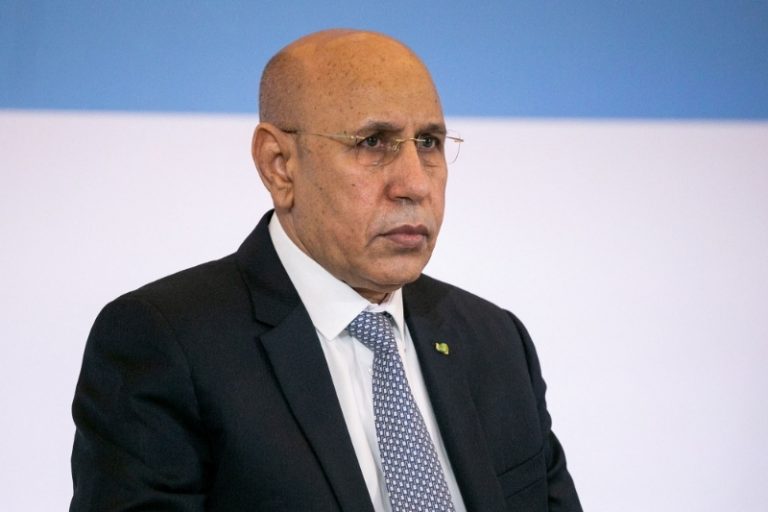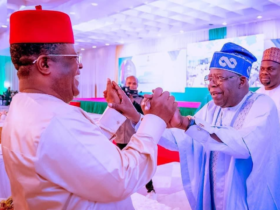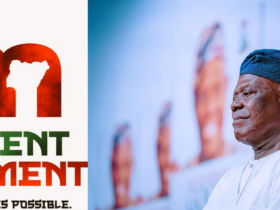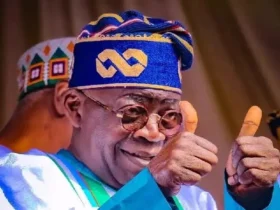
In a significant development during the 37th Ordinary Session of the Assembly of the African Union Heads of State and Government in Addis Ababa, Ethiopia, President Mohamed Ghazouani of Mauritania emerged as the new chairman of the African Union for the year 2024.
The election took place on Saturday, with President Ghazouani of Mauritania succeeding President Azali Assoumani of the Union of Comoros, who held the AU Chairperson role in 2023.
The smooth transition of leadership marked a diplomatic victory as it resolved longstanding tensions over the one-year rotating AU chairmanship.
The transfer from President Assoumani to President Ghazouani averted a crisis that had lingered due to a dispute between Morocco and Algeria, underscoring internal divisions within the African Union.
The African Union, seeking a stronger global voice, including within the G20, faced challenges in fulfilling its ambitious institutional commitments. The International Crisis Group highlighted the organization’s potential in mediation and peacekeeping but noted a lack of political and financial strength to fully leverage these tools.
“The AU has ambitious institutional commitments and tools for mediation and peacekeeping but lacks the political and financial strength to make the most of them,” the International Crisis Group said in a briefing note.
“Member states are looking inward, closely protecting their sovereign prerogatives rather than investing in collective security.”
At the summit, discussions also revolved around the African Union’s transition toward greater self-reliance by relying on African states to fund a significant portion of its budget, reducing dependence on foreign donors.
The UN Security Council’s recent resolution in December addressed financing for AU-led peace missions, capping foreign contributions at 75 percent of the budget.









Leave a Reply